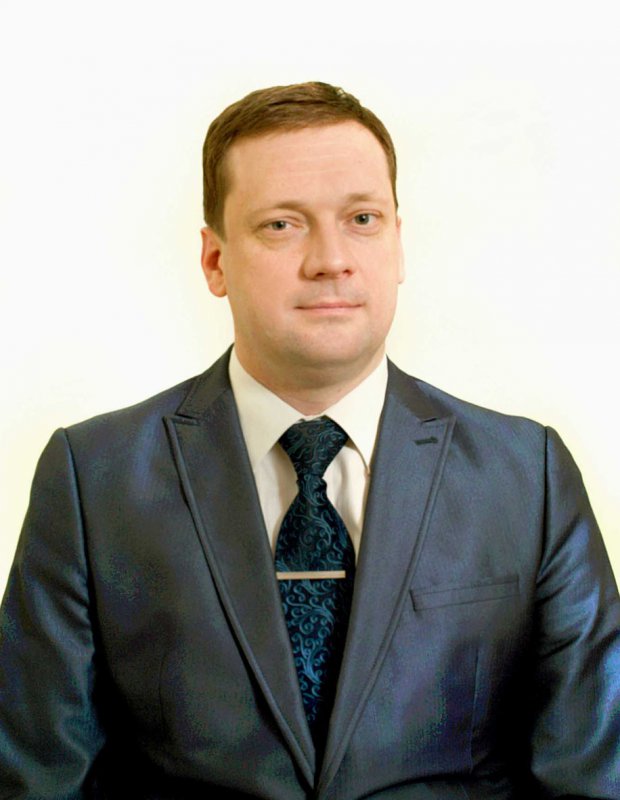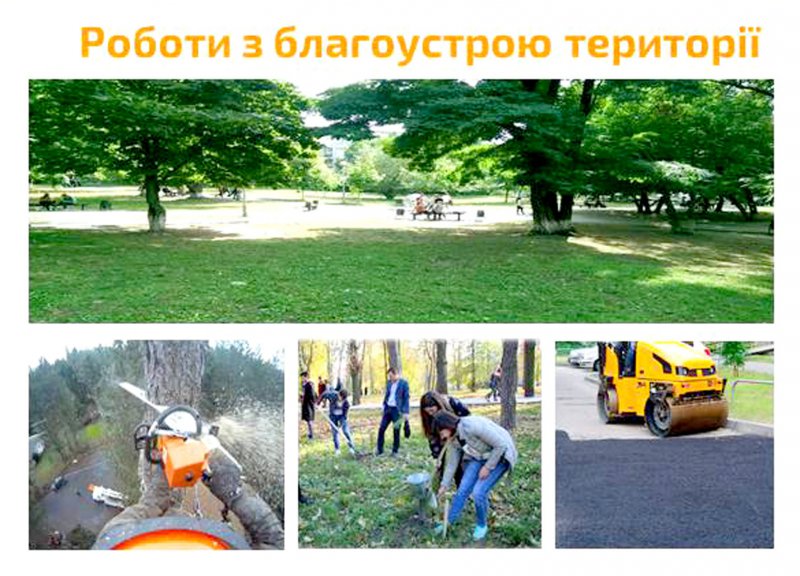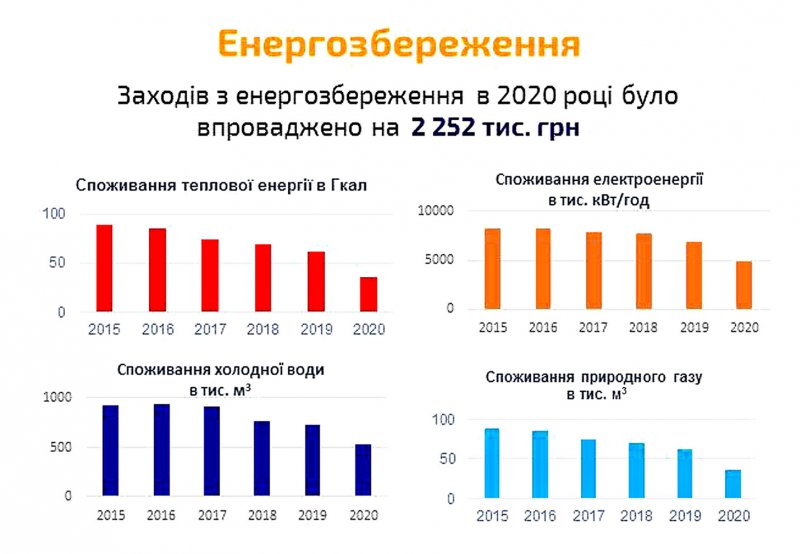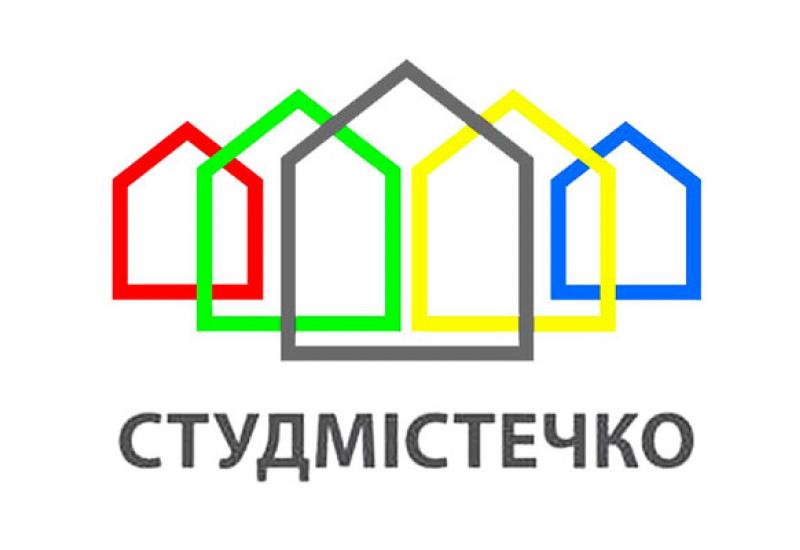For a year now we have been learning to live next to a constant danger - an insidious virus. At the university, among other tasks, special attention is paid to the safety of students in dormitories in compliance with the requirements of relevant laws, regulations and recommendations.
 I remember talking to the director of the campus, Oleksandr Ishchenko, in early April 2020. The situation was very tense: about 3 thousand residents of dormitories were just learning to exist in the conditions of an exacerbation of the epidemic situation, due to the introduction of transport restrictions workers from the suburbs could not get to their workplace , and then the people of Kyiv too. But despite the forced restrictions, the administration of the university and the campus have adequately responded to external challenges and continue to effectively ensure the livelihood of dormitories - their maintenance, service, operation at the appropriate level, comfort and safety of residents. The settlement of students was carried out in strict accordance with the requirements of the Chief Medical Officer of Ukraine, providing opportunities for social distance and self-isolation.
I remember talking to the director of the campus, Oleksandr Ishchenko, in early April 2020. The situation was very tense: about 3 thousand residents of dormitories were just learning to exist in the conditions of an exacerbation of the epidemic situation, due to the introduction of transport restrictions workers from the suburbs could not get to their workplace , and then the people of Kyiv too. But despite the forced restrictions, the administration of the university and the campus have adequately responded to external challenges and continue to effectively ensure the livelihood of dormitories - their maintenance, service, operation at the appropriate level, comfort and safety of residents. The settlement of students was carried out in strict accordance with the requirements of the Chief Medical Officer of Ukraine, providing opportunities for social distance and self-isolation.
At the meeting of the Academic Council on February 15 O. Ishchenko reported on the activities of the campus management in 2020. By its decision, the Academic Council noted that the campus has successfully completed the tasks assigned to the unit in terms of proper maintenance of the material base and ensuring its development, as well as social and educational work in quarantine.
So now we are talking with Oleksandr Ishchenko about the past year.
- What is your "household" today?
- There are 20 compact dormitories in the campus, designed to accommodate more than 12,000 students. The property complex includes 150,260 square meters of total area and 73 699 square meters of housing area. Of course, it is not easy to maintain the normal functioning of the campus, to provide social and educational work, the smooth operation of engineering networks and so on. The “household” is serviced by 445 full-time employees and 154 part-time employees.
- Such a developed infrastructure requires significant funds.
- The budget of the campus is formed by students paying for accommodation and the cost of utilities. In 2020, it amounted to 108,713 thousand hryvnias. The main costs were: repair and restoration works - 21,803 thousand hryvnias; purchase of soft and hard inventory -1,800 thousand hryvnias; utility costs - 35 325 thousand UAH; general and other expenses - 8,157 thousand hryvnias.
- And how do such costs affect the improvement of dormitories and territory?
- Improving the condition of dormitories is one of the main tasks of the campus administration, so from year to year we try to redistribute funds so that the largest share of resources is directed to repair work. Over the last five years, the financing of repair and restoration works has increased from 5,378 thousand hryvnias to 21,803 thousand hryvnias.
In addition to work in dormitories, streamlining and landscaping of the campus, including the repair of benches, urns, gazebos, requires attention. Removal and pruning of dead trees were performed, work on arranging the "Sosnovy" and "Polyana" parks continued.
The administration of the campus pays considerable attention to the careful attitude of students and staff to the material base, performs a significant amount of work on energy saving.
- What can you say about energy saving measures?
- In 2020, 2,965 thousand hryvnias was invested in energy saving measures, namely: windows were partially replaced with metal-plastic ones in dormitories №№ 13, 15, 20; reconstruction of individual heating stations in dormitories №№ 8, 21; lamps and bulbs are replaced by more energy efficient ones - LED ones; time relays, motion sensors are installed; old faucets are replaced by single-lever with aerators, etc.

Systematic implementation of energy saving measures can save a lot of money on utilities. In particular, in six years we managed to achieve this level of savings: thermal energy - by 17%, electricity - by 17%, cold water - by 21%, natural gas - by 30%.
- Recently, a lot has been done to eliminate violations and improve fire safety at the university and the campus in particular.
- In order to comply with the instructions of the SES of Ukraine on identified violations and to increase the level of fire safety in dormitories in 2020, fire doors and hatches were installed (dormitories №№ 1, 4, 6, 7, 10, 13, 14, 18, 20), fire protection of wooden structures of dormitory roofs was carried out in dormitories №№ 1, 3, 4, 6, 7, 8, 11, 13, 14; projects of fire alarm systems, notification and evacuation management of people in all dormitories of the campus were developed, fire equipment was purchased in all dormitories, all fire extinguishers were recharged, a number of other works were performed. The total cost of firefighting measures - 2 124 thousand hryvnias.
Obviously, the measures taken are not enough to increase the level of fire safety. The installation of an automatic fire alarm system, a warning and evacuation control system, as well as a smoke removal system requires significant investments, which, unfortunately, the university does not have. Therefore, the university management raised the issue of the need for additional funding for firefighting measures at hte meeting with the heads of the Ministry of Education and Science of Ukraine.
We have planned for 2021 the purchase of fire hydrants, fire extinguishers, installation of fire doors and hatches, fire protection of the roof of the dormitory №12, re-equipment of floor doors in dormitories, training of PPBU employees, etc. in the amount of 930,000 hryvnias. If funding is available, we will install fire alarm systems, warning and evacuation control systems in dormitories №№ 8, 15, 16, 18, smoke removal systems in dormitories №№ 16 and 18.
- The activity of the campus administration is aimed not only at economic, but also at social and educational work.
- Yes, this is an important area of our activity. Specialists in educational work are involved in crime prevention, strive to create a healthy psychological climate in dormitories, promote a healthy lifestyle, harmonious and diverse personal development on the basis of patriotism, internationalism, tolerance and more. The transition to distance education has radically changed the usual rhythm of student life. Active, large-scale activities were replaced by local on-line meetings, games, forums, useful articles and training programs that helped students adapt to quarantine requirements, properly allocate their time, and not lose activity and communication.

In 2020, social and educational work was focused on: informing students about the rules and conditions of compliance with quarantine standards during a pandemic, conducting explanatory work with both students and their parents, psychological support for students infected with COVID-19; providing residents who were in self-isolation with food and basic necessities; conducting additional briefings on fire safety, prevention of negative actions- smoking, alcohol and drugs.
We conducted: 217 informative and preventive measures (creation of social pages, preventive trainings, useful articles, COVID-19 prevention); 12 - cultural and entertainment (pre-quarantine), 2 - sports, 4 - cultural and artistic, 1 - charity, 13 - creative, 15 - educational. Number of individual applications of students - 650.
- A few words, please, about plans for the future.
- The experience of leading countries and global trends show that the future of operation of residential complexes is associated with the implementation of the basic provisions of the concept of sustainable development. Therefore, part of our future efforts, of course, should be in the field of further implementation of energy-saving technologies, the increase of safety, the introduction of separate garbage collection, the reduction of waste, the creation of a healthy lifestyle, the reduction of the ecological footprint of the campus as a whole. In this way, we face not only challenges related to the organization and maintenance of this process, but also to the education and formation of knowledge and skills, and most importantly, the new habits of students and staff regarding the use of these systems.

